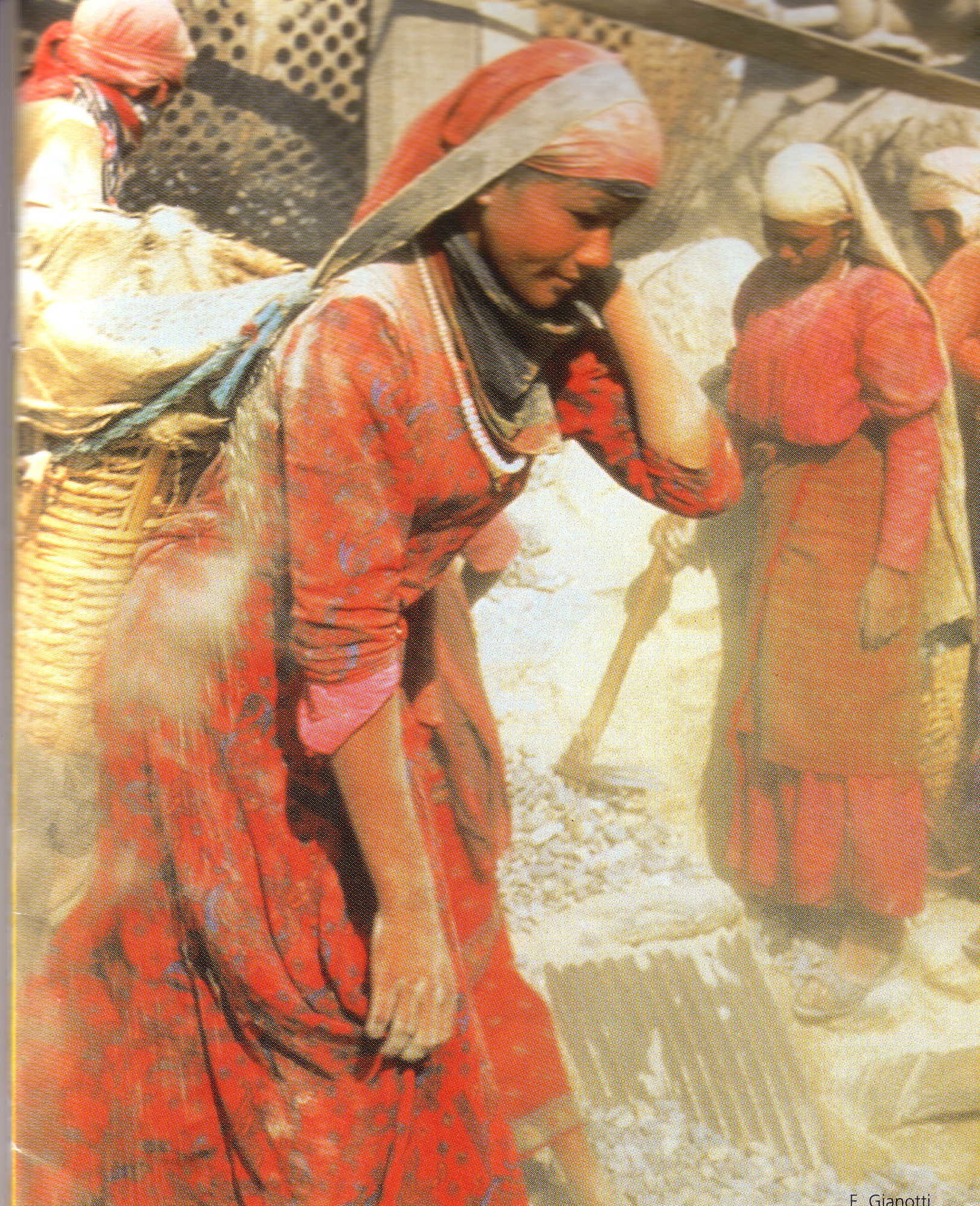An article in the Indian Express by Shruti Nambiar on the 3 May 2011.
Pune: Seventy per cent of women sex workers are not pushed or forced into flesh trade but are drawn to it by the lure of higher income, according to the preliminary result of a survey released by women’s group Akshara.
The preliminary results of the first leg of a pan-India study being conducted by two University of Pune researchers was released on April 30.
An article by Subir Ghosh in Digital World published on the 1 May 2011.
New Delhi, India. Four out of five female sex workers in India have joined the profession voluntarily; they were not forced or sold into it. Prostitution is just one among several livelihood options available to women from poor backgrounds, says a new survey.
This news story was written by Aarefa Johari for the Hindustan Times on the 1 May 2011. The story is a write up of the launch of the ‘First pan-India survey of sex workers’, conducted by Pune University academicians Rohini Sahni and V Kalyan Shankar.
A news story in the Times of India by Anahita Mukherji which highlights our research on sex work’s position in the labour market in India. This story was published on Labour Day, or May Day, 2011.
 This survey of female sex workers found that poverty and limited education push women into several kinds of work including sex work. Therefore, sex work cannot be considered as singular or isolated in its links with poverty, as other occupations are pursued before sex work emerges or is considered as an option. Sex work may also be regarded as offering a significant supplementary income to other forms of labour.
This survey of female sex workers found that poverty and limited education push women into several kinds of work including sex work. Therefore, sex work cannot be considered as singular or isolated in its links with poverty, as other occupations are pursued before sex work emerges or is considered as an option. Sex work may also be regarded as offering a significant supplementary income to other forms of labour.
This film from SANGRAM explores how organising as part of VAMP has affected sex workers’ lives.
Ishdeep Kohli blogs on Meena Seshu’s plenary presentation at the International AIDS Conference in 2010. The original blog is available on the HealthDev.net site.
An interview with PLRI member Meena Seshu on the PANOS website by Sandhya Srinivasan.
PLRI partner Meena Seshu gave the prestigious Jonathan Mann Memorial Lecture at the 2010 International AIDS Conference.
Meena reflects on the approach that her organisation SANGRAM has used to support the work of VAMP the collective of women in sex work.
She introduces SANGRAM’s Bill of Rights which sets out guidelines for programming interventions around HIV and AIDS:
Sampada Grameen Mahila Sanstha (SANGRAM) is an HIV/AIDS organization that works primarily with sex workers. SANGRAM is based in the Sangli district in Maharashtra state.

